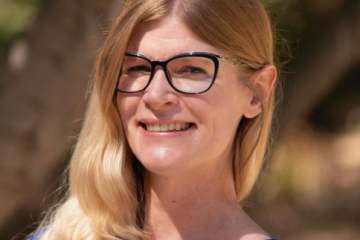We are very pleased to host Professor Marcello di Bello for our next B2C2 talk on Wednesday, March 23, 10:30-11:30 Arizona time (17:30 UTC). Please join us.
The literature on algorithmic fairness in computer science is replete with impossibility theorems. They show that no predictive algorithm can concurrently achieve different formal criteria of fairness. So any algorithm is necessarily unfair under one criterion or another. What has been little appreciated is that these impossibility theorems apply to any evidence-based decision, whether or not it is algorithmic. I offer a few examples of this fact, drawing from medical diagnoses and trial proceedings. So then, are all decisions inherently unfair? To avoid despair, I will outline a possibility theorem, a way to concurrently satisfy a restricted family of fairness criteria. This is the best our decisions can aspire to achieve, and–perhaps–it is all they should aspire to achieve.
Marcello Di Bello is Assistant Professor of Philosophy in the School of Historical, Philosophical and Religious Studies at Arizona State University. His research lies at the intersection of philosophy of law and epistemology, with a focus on questions about risk and probability, and evidence and quantitative information.
Register here: https://bit.ly/b2c2-di-bello
Update: There is a partial recording here for those who missed the talk.


